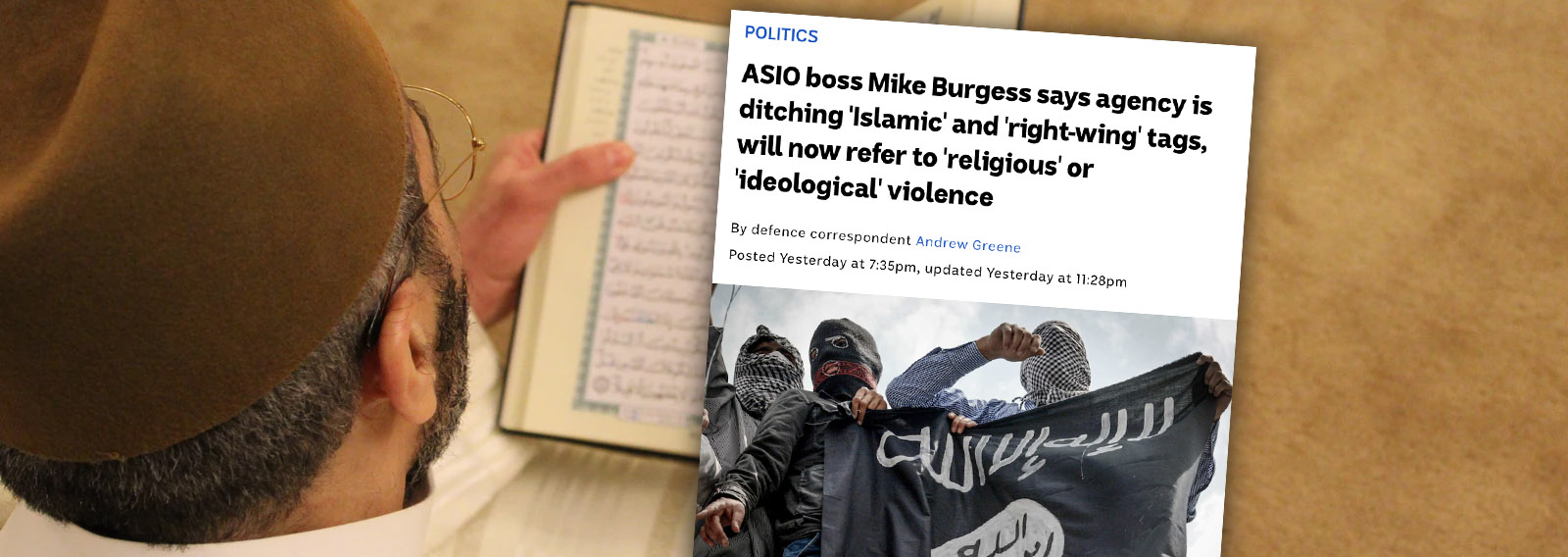Australian Security Intelligence Organisation (ASIO) will avoid using the phrase “Islamic Extremism” because it “stigmatises” Muslims by encouraging stereotypes.
In his Annual Threat Assessment, director-general of security Mike Burgess said the agency will now be using broader terms, such as “religious” or “ideological” extremism, even in reference to “right-wing” and “left-wing” violence.
Speaking of ASIO’s decision to drop the description “Islamic extremism,” Burgess said the agency does not investigate people because of their religious views.
“It’s violence that is relevant to our powers,” he said, “but that’s not always clear when we use the term ‘Islamic extremism.’”
Burgess went on to explain that the term is also offensive to Muslims.
“Understandably, some Muslim groups – and others – see this term as damaging and misrepresentative of Islam, and consider that it stigmatises them by encouraging stereotypes and stoking division,” he added.
The agency will also avoid designations such as “left-wing” and “right-wing” extremism, saying a growing number of individuals and groups don’t fit on the left-right spectrum at all.
According to Burgess, “instead, they’re motivated by fear of societal collapse or specific social or economic grievance or conspiracy. For example, the violent misogynists who adhere to the involuntary celibate or ‘incel’ ideology fit into this category.”
Of course, the obvious question is, why not just create a new category? What’s the advantage in opting for broader and vaguer descriptions?
Why opt for “religious violence,” but stop short of naming which religion inspired the violence? Why use “ideological extremism,” but refuse to specify which ideology was the motivating factor?
In the end, it not only fails to deal with the source of the problem, but it also implies all religions are suspect. Let’s hope the crimes of one religion don’t result in the persecution of others.






















